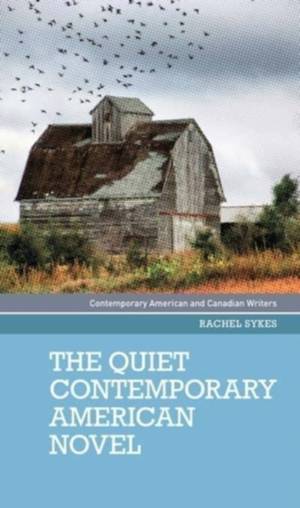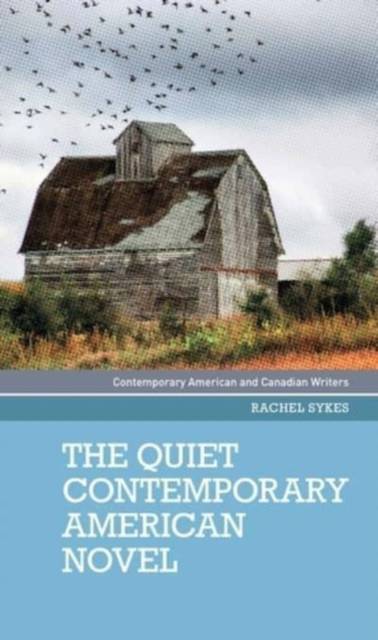
- Afhalen na 1 uur in een winkel met voorraad
- Gratis thuislevering in België vanaf € 30
- Ruim aanbod met 7 miljoen producten
- Afhalen na 1 uur in een winkel met voorraad
- Gratis thuislevering in België vanaf € 30
- Ruim aanbod met 7 miljoen producten
Zoeken
Omschrijving
This book explores the concept of 'quiet' - an aesthetic of narrative driven by reflective principles - and argues for the term's application to the study of contemporary American fiction. In doing so, it makes two critical interventions. Firstly, it maps the neglected history of quiet fictions, arguing that from Hester Prynne to Clarissa Dalloway, from Bartleby to William Stoner, the Western tradition is filled with quiet characters. Secondly, it asks what it means for a novel to be quiet and how we might read for quiet in an American literary tradition that critics so often describe as noisy. Examining recent works by Marilynne Robinson, Teju Cole and Ben Lerner, among others, the book argues that quiet can be a multi-faceted state of existence, one that is communicative and expressive in as many ways as noise but filled with potential for radical discourse by its marginalisation as a mode of expression.
Specificaties
Betrokkenen
- Auteur(s):
- Uitgeverij:
Inhoud
- Aantal bladzijden:
- 240
- Taal:
- Engels
- Reeks:
Eigenschappen
- Productcode (EAN):
- 9781526163615
- Verschijningsdatum:
- 30/03/2022
- Uitvoering:
- Paperback
- Formaat:
- Trade paperback (VS)
- Afmetingen:
- 140 mm x 216 mm
- Gewicht:
- 281 g

Alleen bij Standaard Boekhandel
+ 122 punten op je klantenkaart van Standaard Boekhandel
Beoordelingen
We publiceren alleen reviews die voldoen aan de voorwaarden voor reviews. Bekijk onze voorwaarden voor reviews.











